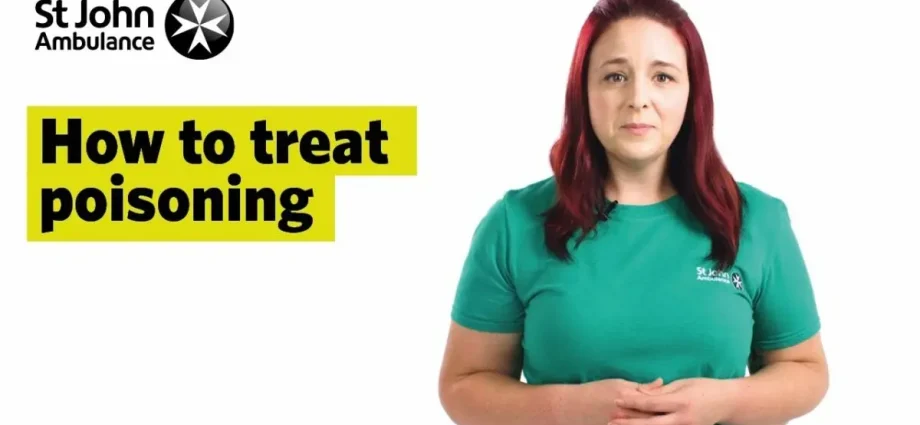Food poisoning does not allow a frivolous attitude towards oneself – improper or untimely treatment can lead to serious health consequences, and sometimes even to the death of the poisoned person. Treatment of poisoning requires an integrated approach, even after the normalization of the patient’s condition, the observation and help of a doctor are required.
To get food poisoning, it is not necessary to feast on dubious pasties from a railway station cafe – sometimes it is enough to eat a salad prepared with your own hands, which is not put in the refrigerator in time, but looks completely fresh and appetizing. Bacteria in food at room temperature multiply at a tremendous rate, releasing dangerous toxins.
Any changes in the appearance of the product, foam on the surface of the liquid, and a sour smell should be alerted. In case of doubt, it is better to stop eating suspicious food.
The causative agents of diseases can get into food together with contaminated water, dirty dishes, poorly washed hands. Also, the cause of poisoning is often the toxic substances contained in products, for example, dyes, chemicals that were used to process fruits during storage. Harmless berries or mushrooms collected near a busy highway can be poisonous.
An integrated approach to the treatment of poisoning involves eliminating the cause of the poisoning and alleviating the patient’s condition by removing the main symptoms – vomiting, diarrhea, abdominal pain.
Treatment of food poisoning at home is possible only in mild cases. If the patient’s condition is significantly impaired (uncontrollable vomiting, fever above 38 degrees, severe cramps in the abdomen), emergency medical attention is needed. Vomiting and diarrhea are dangerous because they can cause dehydration – it is for this reason that food poisoning in young children can be treated only under the supervision of a doctor, since due to their small body weight, dehydration in children develops in a matter of hours.
It is unacceptable to take drugs that stop vomiting and diarrhea – this will lead to the accumulation of toxins in the body and aggravate poisoning
But the intake of sorbents (activated carbon, polysorb, enterosgel) will help to quickly remove harmful substances. It is also necessary to drink plenty of fluids, it should be boiled water or weak tea without sugar, but in no case milk, fermented milk drinks or fruit juices. You can dilute a bag of “Regidron” in water, this drug will help restore water-salt metabolism.
For severe cuts in the abdomen, the doctor may prescribe antispasmodics. Antibiotics for food poisoning are not always necessary, and it is unacceptable to prescribe them yourself.
Before a doctor’s examination, it is better not to take any medications at all, except for sorbents, otherwise the clinical picture of poisoning may be distorted. You cannot take a laxative and do enemas in case of poisoning!
The temperature in case of poisoning cannot be brought down with drugs – the manifestations of general intoxication (headache, weakness, fever) will become weaker as toxins are removed from the body. The patient must be laid down and covered with a blanket if he suffers from chills, but a warm heating pad should not be placed on the abdomen.
Even with the cessation of vomiting and diarrhea, improvement of the general condition of the patient, it is too early to stop the fight against poisoning. Sorbents are required to be taken within 5-7 days, if antibacterial drugs have been prescribed, the duration of the course of treatment will be determined by the doctor, and it is unacceptable to interrupt or cancel them on your own.
In the acute phase of poisoning, patients usually do not have time to eat, but even with the normalization of the condition, they will have to follow a diet for several days (and possibly weeks) and do not forget about the drinking regimen
In the first days after poisoning, it is better to limit yourself to dried white bread, tea without sugar and oatmeal, then you can switch to other products, but all dishes should be steamed or boiled, while it is advisable to avoid the use of milk, dairy products, fresh fruits and vegetables, alcohol, coffee, sweets.
After recovery, you may need to visit an infectious disease specialist and parasitologist. If stomach pain, intestinal upset, nausea and vomiting persist, it will be necessary to consult a gastroenterologist – poisoning can cause long-term disruption of the gastrointestinal tract.










